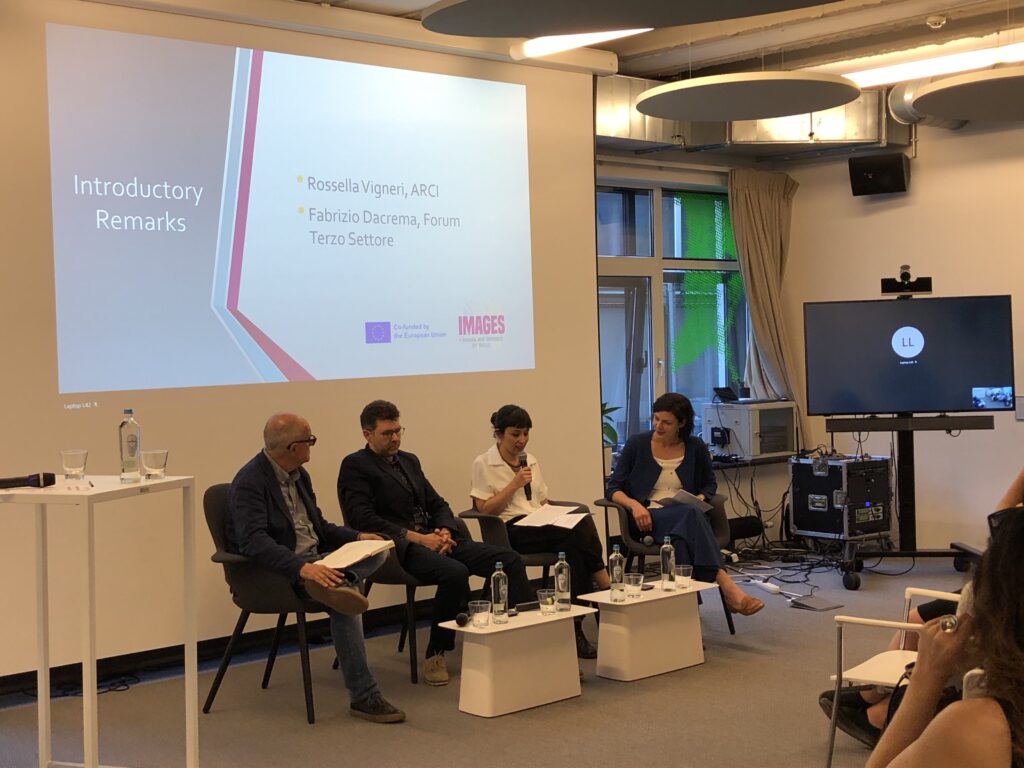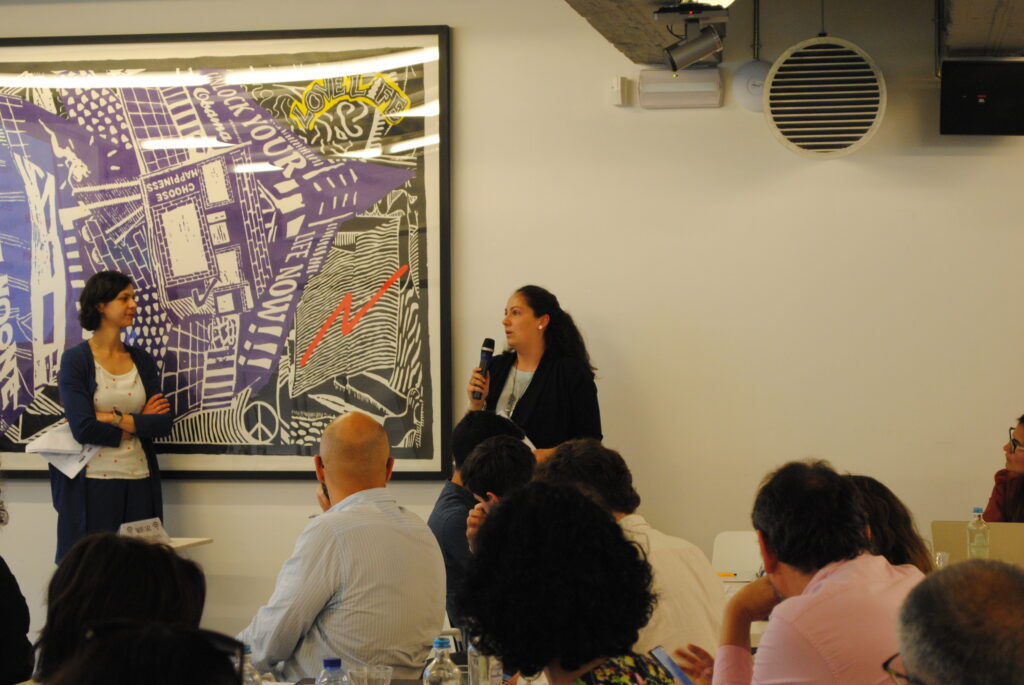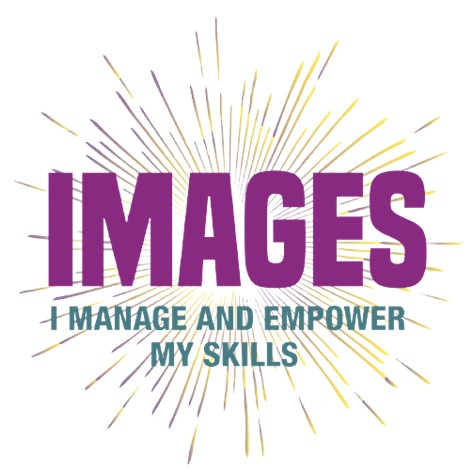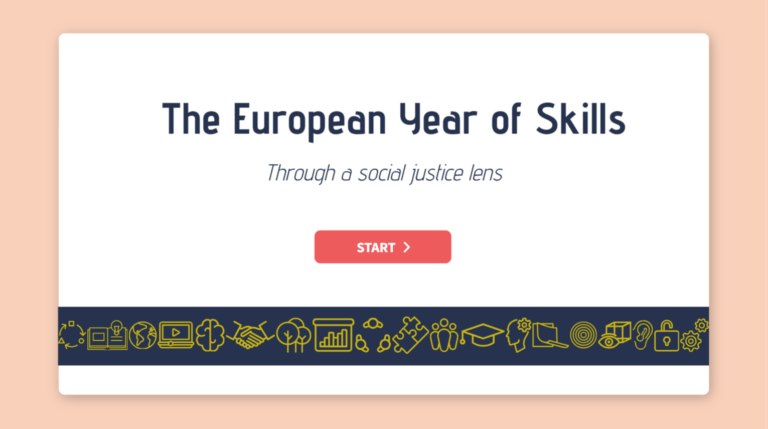Upskilling & Empowering Civil Society: Results from the IMAGES project

The IMAGES (I Manage and Empower My Skills) project was concluded with a final conference “Upskilling & Empowering Civil Society” in Brussels on the 8th of June 2023. Member organisations representatives and various stakeholders took part to discuss the results of the project in the framework of the European Year of Skills.
Aiming to support managers of third sector organisations in identifying, validating and developing their competences, the project succeeded in proving that the tool has the capacity to empower the managers. It did so by developing two main tools: a repertoire of skills based on research, and a series of Massive Open Online Courses (MOOCs).
The research behind the European Repertoire of Skills led to the identification of six areas of competences that all leaders in the Third Sector (be them volunteers or employees with management responsibilities) have to master to fulfill their role. These areas are: management; leadership; personal & social; teamworking and networking; change management; communication management. Even though these competences are based on individual experience and may overlap, they represent a good source of competences pool, making it easier to assess and develop them.

The research doesn’t reveal surprising results for those who are familiar with the work carried out on a daily basis by Civil Society and yet, this is the first time that these competences are identified and classified in a scientifical manner. For this reason, the European Repertoire carries an important weight in terms of potential policy and practices developments.
The project’s second output, a series of Massive Open Online Courses (MOOCs) for professionals on how to verify the competences of third sector managers, pinpoints the need to develop existing internal resources, as the managers need to be provided with resources to reflect on what they are already capable of rather than being trained.
The results were discussed by stakeholders such as MEP Victor Negrescu, who applauded the implementation of the project in a timely manner for pushing for skills and competences validation in organised structures, and Tatjana Babrauskienė, EESC, who highlighted the significance of transversal skills for adaptability purposes, as well as the importance of recognising and validating the work of Civil Society Organisations. She praised the project results and committed to making use of it for the ongoing discussions on the European Year of Skills. Francesco Losappio, Policy Officer Skills & ESCO, DG EMPL presents ESCO, the European Commission database of skills matched to jobs, and shares the interest in reflecting on a repartition of skills based also on sectors, thus recognising the peculiarities of Civil Society. Finally, Veronica Arduino, Project and Policy Coordinator at the LLLP, calls on focus on transversal skills and not on labour market demands.




